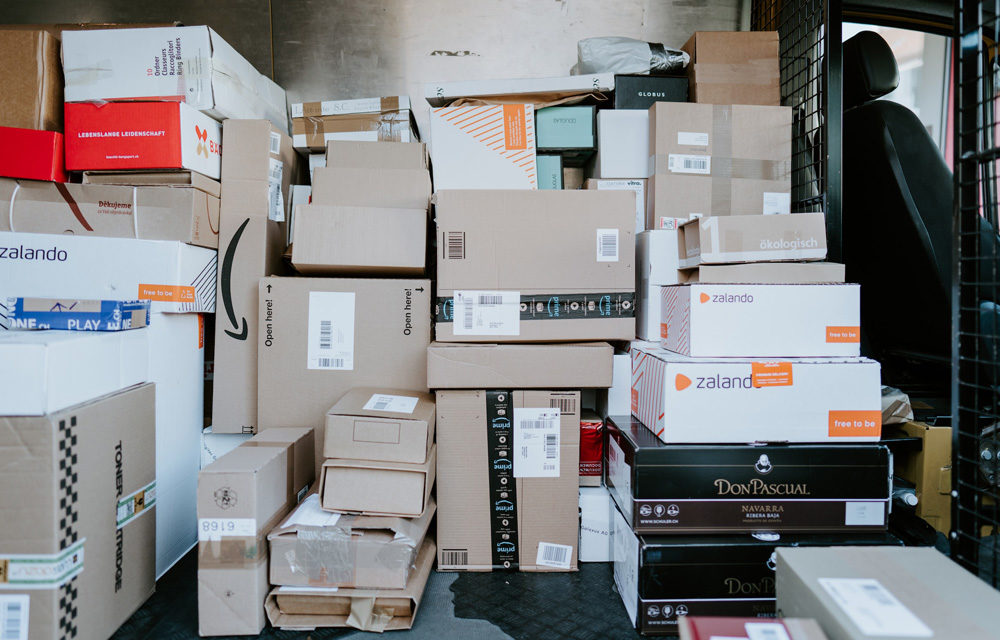We use cookies to operate this website and to improve its usability. Full details of what cookies are, why we use them and how you can manage them can be found by reading our Privacy & Cookies page. Please note that by using this site you are consenting to the use of cookies.
Non-food Consumer Goods
THE EDIBLE SPOON
2021-06-03
Source link:https://www.interpack.com/en/TIGHTLY_PACKED/SECTORS/BEVERAGES_P
ACKAGING/News/Beverage_cans_more_popular_than_ever
The new edible spoon has been named “Spoonie”. The discount supermarkets ALDI NORD and ALDI SÜD are presenting Spoonie in exclusive cooperation with the introduction of the “Made with Luve” chocolate dessert.
The pudding and Spoonie are both vegan, gluten-free and lactose-free. The integrated spoon is the product of the Spoontainable start-up and is made of recovered food waste. By-products from chocolate production, for example, can be used in manufacturing it. The material for Spoonie consists entirely of raw plant materials and is produced 100% climate neutrally, according to a statement from the company’s founders Amelie Vermeer and Julia Piechotta.
This edible spoon is attached to the dessert packaging with a paper band. “We came up with this takeaway version just for this cooperative project. We can thus react flexibly to a start-up product and will also check to see if there are other products that could be combined with the edible Spoonie”, says Nina Kurth, Manager of Corporate Responsibility at ALDI SÜD.
The introduction of the edible spoon in October 2020 forms part of a packaging mission that the discounters have dedicated themselves to. In the course of this mission, ALDI Nord and ALDI SÜD dispensed with plastic straws and single-use items in 2019.
EDIBLE PACKAGING
Brands are increasingly seeking packaging solutions as an alternative to single-use packaging in order to improve their environmental footprint. Edible packaging offers the perfect solution for the stages in recycling and disposal that are often crucial in life cycle analyses - the packaging and/or the single-use cutlery can simply be eaten with the food purchased.
Edible spoons or cups can be made of millet, rice, wheat or other plant-based raw materials. If waste products are used, as is the case for ALDI, then the ecobalance is improved even more. If we make packaging and cutlery edible, we need to make sure they taste good too! Whether they’re chocolatey, savoury or minty depends on the product they’re being made for. If nibbling on cutlery isn’t for you, rest assured - the natural material disintegrates anyway in four to five days.






